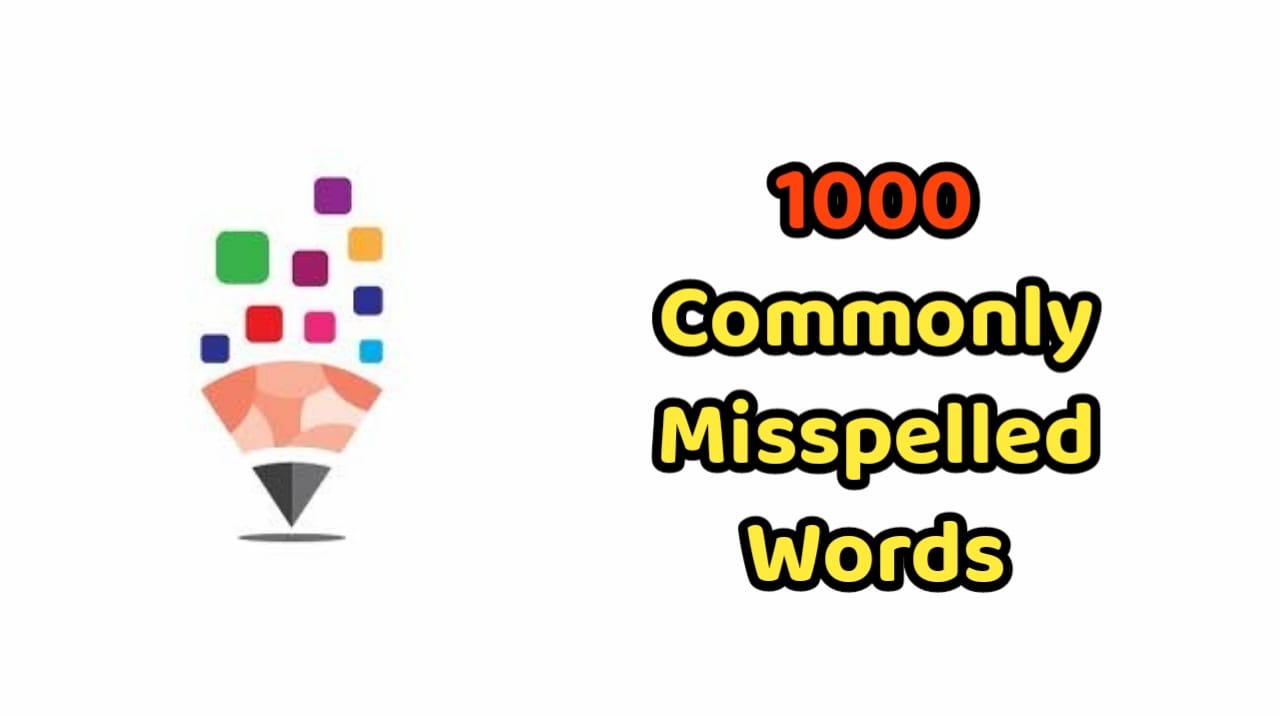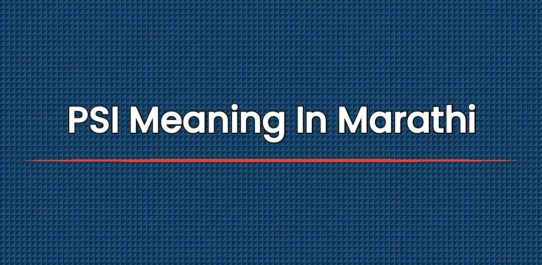1000 Commonly Misspelled Words PDF Free Download
In the world of written communication, impeccable spelling is paramount. Whether you’re composing an important email, crafting a formal document, or even sending a casual text message, the ability to spell words correctly greatly impacts your credibility and the effectiveness of your message. Unfortunately, the English language is riddled with tricky words that often trip even the most seasoned writers. In this article, we’ll explore 1000 commonly misspelled words, offering guidance and tips to help you become a more proficient speller.

Understanding the Impact of Misspelled Words
The Credibility Factor
One of the immediate consequences of misspelled words is a loss of credibility. Readers may perceive a writer who consistently misspells words as careless or uneducated. To avoid this perception, it’s essential to master the correct spelling of commonly misspelled words.
The Communication Breakdown
Misspelled words can lead to communication breakdowns. If a word is misspelled, the reader might struggle to understand the intended meaning, leading to confusion and potentially misinterpretation. Effective communication relies on accurate spelling.
The Top 100 Commonly Misspelled Words
1. Affect vs. Effect
Let’s kick off our list with one of the most confusing pairs of words: “affect” and “effect.” Understanding when to use each is crucial for clear writing.
- Affect: (Verb) To influence or produce a change in something.
- Effect: (Noun) A result or outcome of an action or event.
2. Their vs. There vs. They’re
These homophones often cause confusion:
- Their: Possessive form of “they.” It shows ownership.
- There: Refers to a place or location.
- They’re: Contraction of “they are.”
3. Your vs. You’re
Another common mistake is mixing up “your” and “you’re”:
- Your: Shows possession.
- You’re: Contraction of “you are.”
Words with Tricky Spellings
4. Necessity
Many people struggle with the double “s” in this word. It’s often misspelled as “neccessity.”
5. Accommodate
“Accommodate” is another word that trips people up because of its double “c” and double “m.”
Also Read This : Maths Riddles With Answers
Common Spelling Rules and Tricks
6. I before E, except after C
One of the most famous spelling rules. Words like “believe” and “receive” follow this pattern.
7. Silent E
Understanding when to drop or keep the silent “e” at the end of words can prevent errors. For example, “hope” becomes “hoping” with the addition of the “e.”
Resources for Improving Spelling
8. Online Spelling Tools
In the digital age, we have an array of online spelling tools at our disposal. Services like Grammarly and spell checkers in word processors can be a writer’s best friend.
9. Reading Widely
Reading a variety of materials exposes you to different words and their correct spellings. The more you read, the better your spelling will become.
Conclusion
Mastering the correct spelling of words is an ongoing journey. By understanding common pitfalls and practicing regularly, you can significantly improve your spelling skills. Remember that impeccable spelling not only enhances your credibility but also ensures effective communication.
FAQs
Q: Why is spelling important in writing?
A: Spelling is crucial in writing because it directly impacts communication and credibility. Accurate spelling ensures that your message is clear and that you are perceived as a competent writer.
Q: What are some common strategies for improving spelling?
A: Common strategies include using online spelling tools, reading widely, and practicing regularly. These can help you become a better speller over time.
Q: Are there any English spelling rules I should know?
A: Yes, there are various spelling rules in English, such as “i before e, except after c.” Learning and applying these rules can help you avoid common spelling errors.
Click Here To Download PDF For Free








